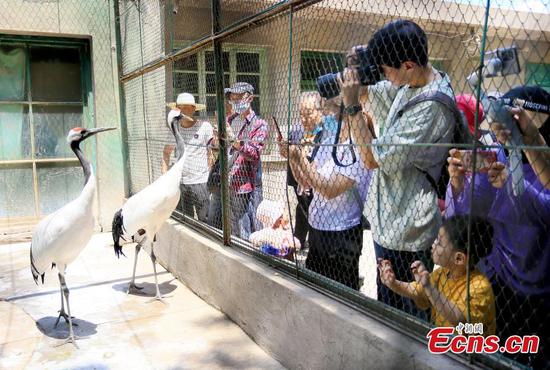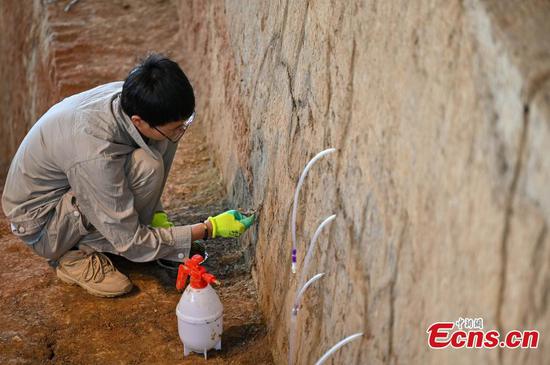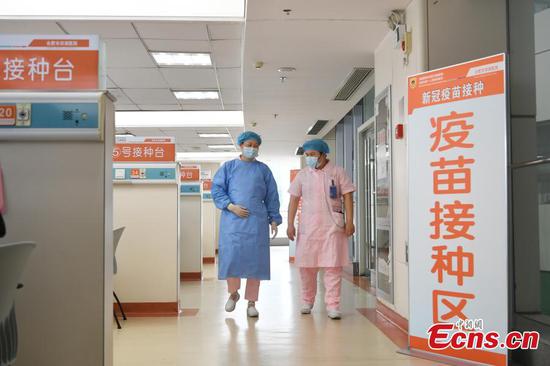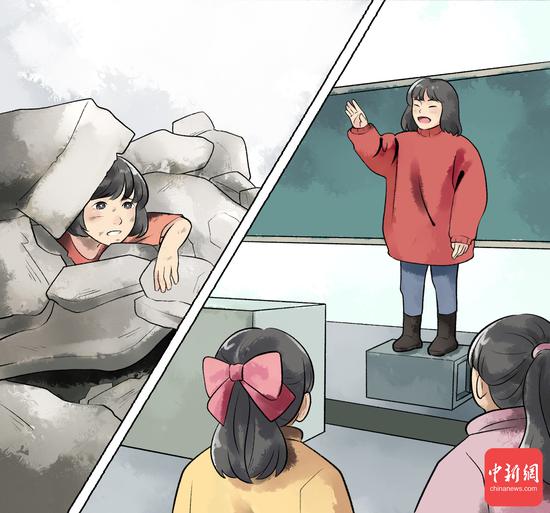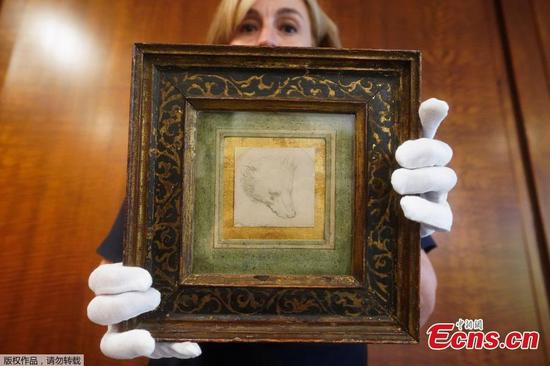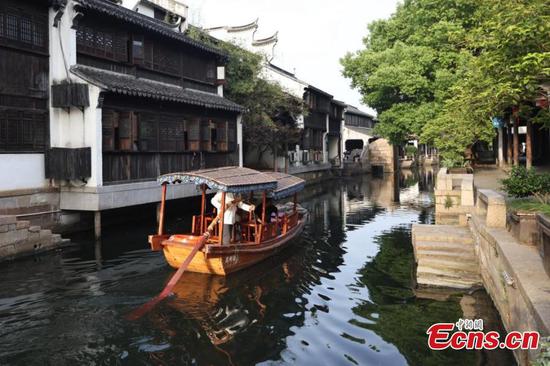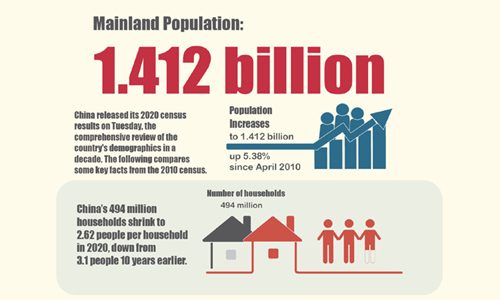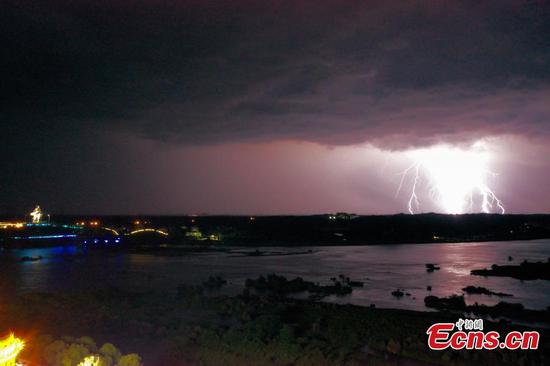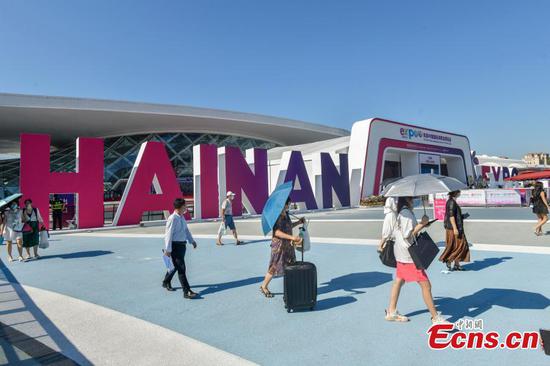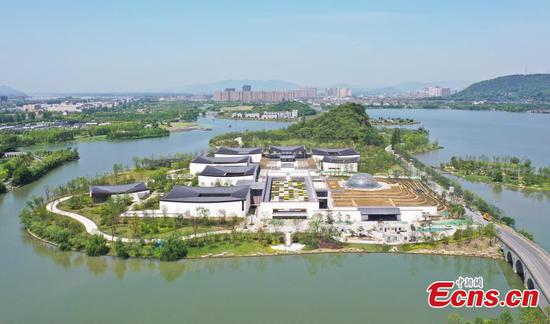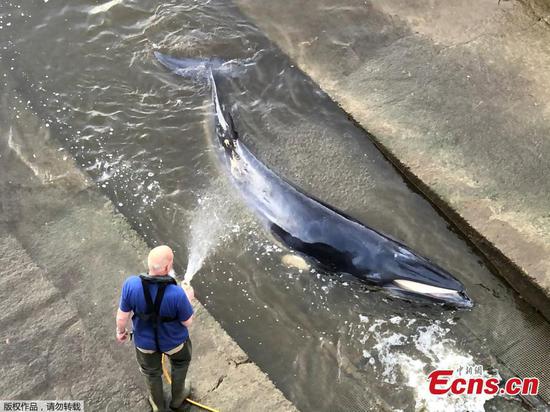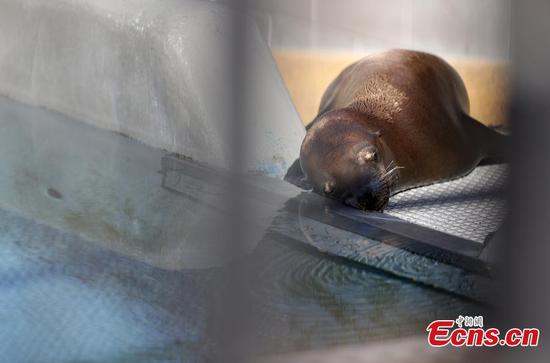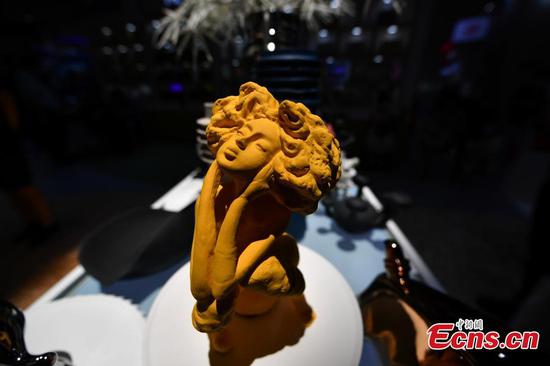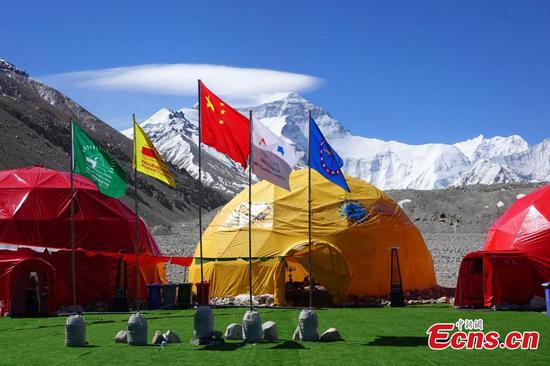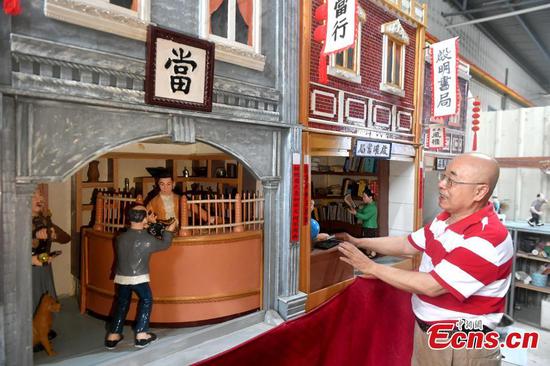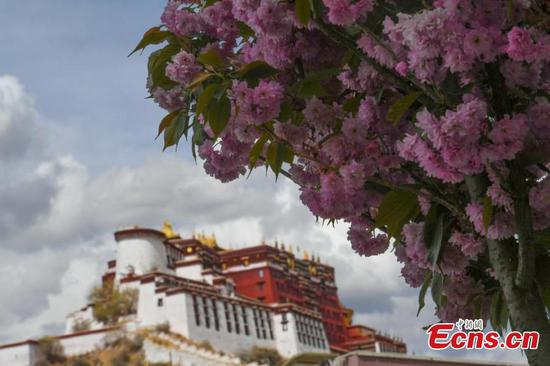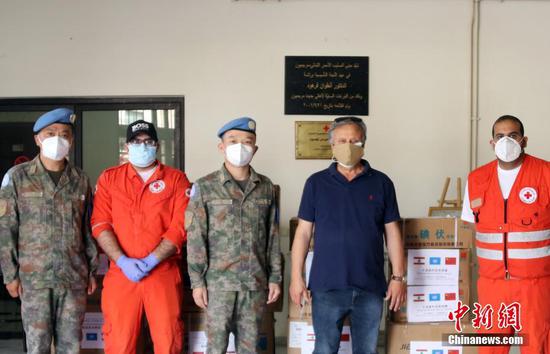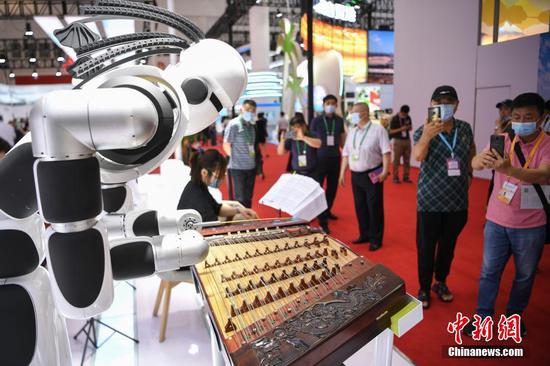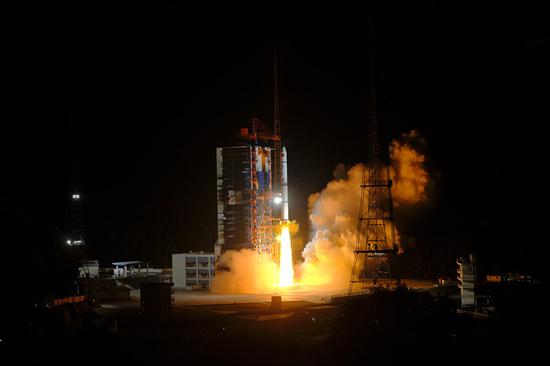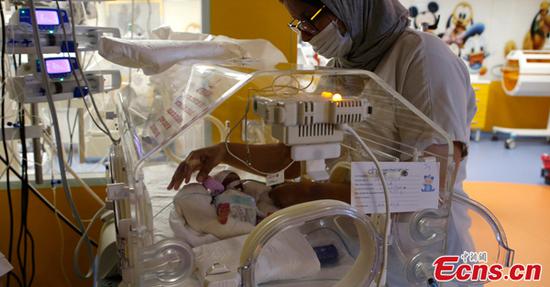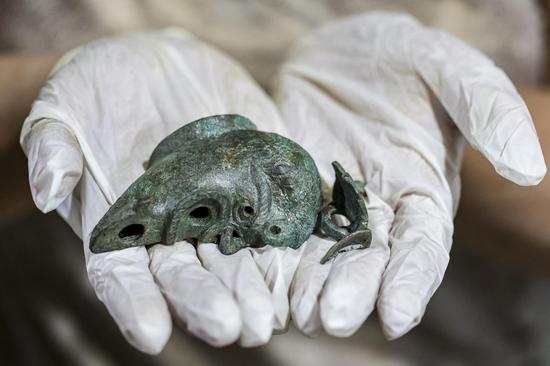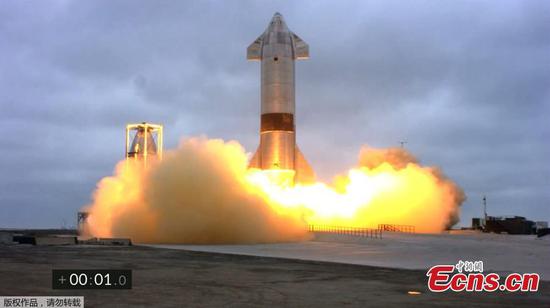The latest initiative for Hong Kong civil servants to take temporary positions on the mainland will help the special administrative region improve its governance capacity and vision, and it is expected to assist the city's development, a political scholar and civil service groups said on Wednesday.
Their remarks came as Chief Executive Carrie Lam Cheng Yuet-ngor revealed on Monday that Hong Kong's civil servants will soon have a chance to take up temporary positions in mainland government departments within the Guangdong-Hong Kong-Macao Greater Bay Area.
The Civil Service Bureau confirmed to China Daily that it was discussing the details of an agreement with the authorities in Guangdong province to promote civil service exchanges, including to "deploy mid-and senior-level civil servants for exchanges" under an upgraded Civil Service Exchange Programme.
About 380 mainland civil servants and 140 Hong Kong civil servants have been trained under the program since it began in 2002.
The move was listed among the 57 cooperative measures in the 2020 Work Plan of Framework Agreement on Hong Kong/Guangdong Co-operation, which was signed in October by Lam and Ma Xingrui, governor of Guangdong province.
The bureau said the arrangements will aim to strengthen liaison between the officials and enhance Hong Kong civil servants' understanding of the Bay Area, especially with regard to social and economic development, government operations, and policy formulation and implementation in mainland cities.
Ma Chi-sing, president of the Government Employees Association, acknowledged the urgent need for Hong Kong civil servants to better understand new governance concepts and strengthen their ties with the mainland.
Hong Kong's civil service system, which was inherited from the colonial era, has failed to fully mobilize the enthusiasm and talent of local officials, and it does not encourage civil servants to play a proactive role in the region's overall development, he said.
He added that through these deeper exchanges, Hong Kong officials would learn from the mainland's innovative governance experience, which has made remarkable achievements, especially in scientific and technological development and pandemic prevention and control.
Ma called for more young civil servants to seize these opportunities.
This new spirit will attract more visionary people to join the civil service and better implement the "Hong Kong people administering Hong Kong with a high degree of autonomy" principle as part of "one country, two systems", Ma said.
Lau Siu-kai, vice-president of the Chinese Association of Hong Kong and Macao Studies, suggested that there should be opportunities to involve Hong Kong civil servants in decision-making and interacting with the mainland community. As a result, they could gain rich experience and make contacts that will assist their work when they return to Hong Kong, he added.









